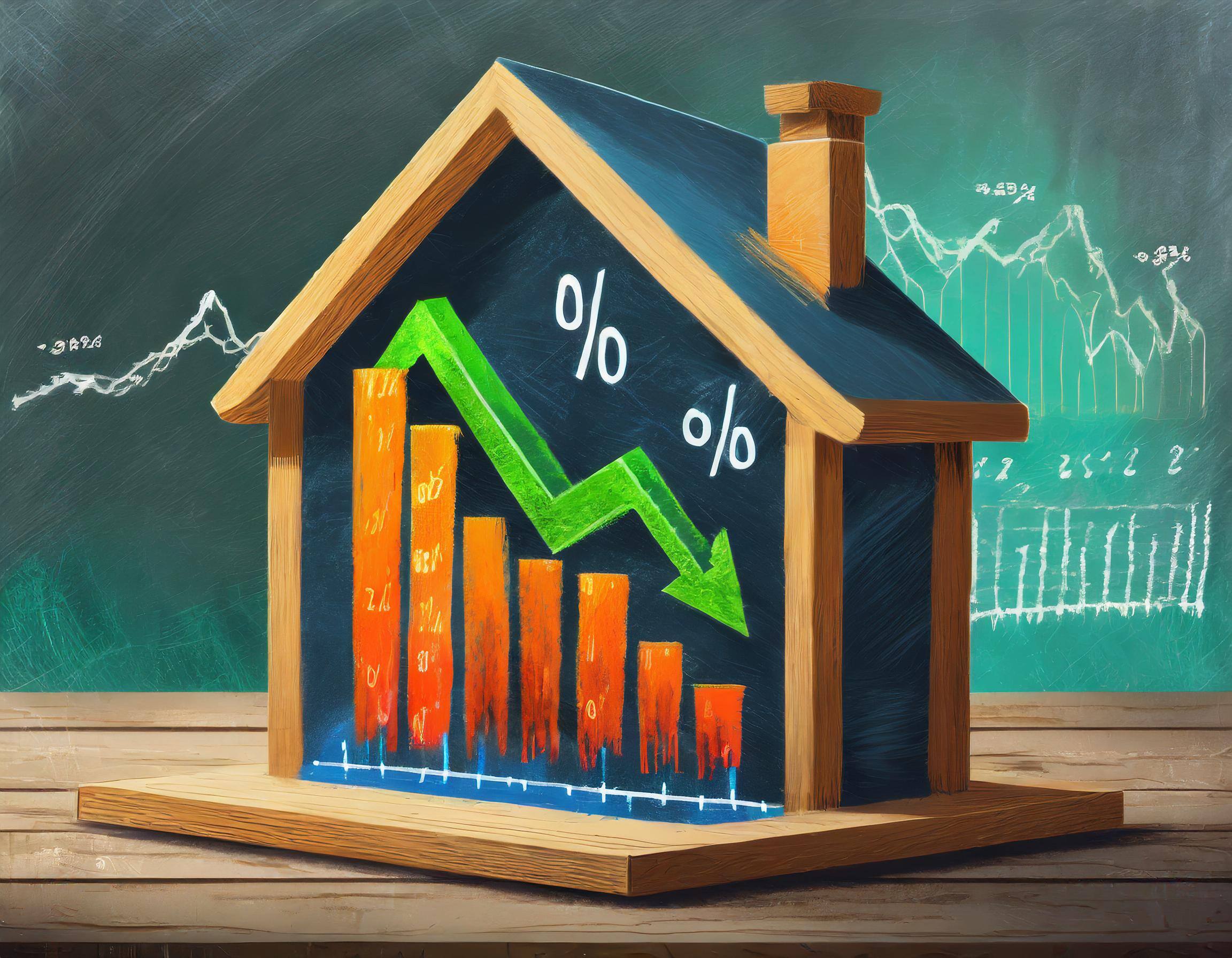The process of getting a mortgage probably felt like climbing a mountain when you bought your home - especially if you were self-employed at the time. Never-ending paper-work.
Now here you are trying to decide if you should refinance and go through it all again, or just leave well enough alone.
But interest rates are so low and the equity in your home has gone up. You wonder if the time is right to take some cash out to keep as an income safety net. Or maybe to buy extra inventory or new equipment?
But what business paperwork do you need for a refinance? And is it a good idea to take cash out of your home for your business?
At Point Equity, we can definitely answer the first question for you. And we’ll shed some light on things you should think about before deciding the answer to the second question. Read on to learn the refinancing facts you need to know if you’re self-employed.
Qualifying For A Refinance While Self-Employed
All borrowers must provide proof of adequate, stable income and good credit history to qualify for a mortgage whether they’re buying a home or refinancing. For salaried employees, that means providing two years of W-2’s, a month of paystubs, and a credit report.
But for the self-employed, it’s a little more complicated. And a lot more paper. You need:
- Two years of business and personal tax returns. The required tax forms will vary depending on your business structure, but they may include:
- Schedule C
- Form 1120S
- K-1
- W-2’s, if you have a C Corp
- A year-to-date profit and loss statement and Balance Sheet for your business (may need to be prepared by an accountant.)
- Verification of your self-employment for two years ( via a Business License, or a membership letter from a professional organization, for 2 years.)
You also need to provide two+ months of complete statements for all accounts, both personal and business. Any cash required for closing costs and reserves must come from your personal accounts and be seasoned (two-plus months).
Red alert if your business revenue is declining. Generally, if business revenue is down 20+% you won’t qualify, even if your monthly income still technically qualifies you. If you’re unsure about your business revenue qualifying, consult with a Point Equity Loan Officer.
That’s the answer to “what kind of paperwork do you need to refinance?” Now let’s talk about what you should consider before deciding to take cash out of your home equity for your business.
Is Refinancing Right For You?
If your home equity has increased from a combination of principal payments and appreciation, you might be tempted to take some of the equity to use in your business. That sounds like a great idea! Or is it?
Sadly, there isn’t one answer to that question. You need to make the best decision for yourself. So, let’s talk about things you should consider before refinancing your mortgage to finance your entrepreneurial dreams.
Two Types of Refinancing
You can refinance to lower your interest rate and even change the amortization period (for example a 30-year, 20-year, 15-year loan) of your existing mortgage. Doing this, while keeping the same mortgage balance, is called a Rate + Term refinance.
You take cash-out of your equity by borrowing more than you currently owe on your mortgage. It’s possible to change the interest rate and/or amortization period with a Cash-out refinance, as well.
The main differences between these two types of refinances are the interest rate and qualifying guidelines. A Cash-out refinance is considered riskier by the mortgage market so interest rate rates are higher and qualifying is more difficult. And the interest rate for a Rate + Term refinance is lower and qualifying is easier.
It’s important to note that the mortgage you obtained when you bought your home is referred to as a “purchase money mortgage”. If you got a first mortgage and a Home Equity second mortgage (or HELOC) when you purchased your home, they are both considered “purchase money mortgages”. Refinancing to combine these into one new loan qualifies as a Rate + Term refinance.
Mortgage Interest Tax Deduction
Being able to take a tax deduction for mortgage interest is high on the list of homeownership perks, for sure. But tax laws have changed in recent years and currently specify that mortgage interest is deductible for any mortgage used to buy, build, or substantially improve (think capital improvements) your home.
But does that apply to a refinance? If you refinance the current balance of a mortgage that was used to buy, build, or substantially improve your home, you can continue deducting the interest.
But if you take refinance and take cash out of your home equity, the IRS classifies that as personal interest (like credit card interest, auto loan interest, or student loan interest.) Unless:
- You use the excess money to significantly improve your home. (See IRS Form 936)
- When the money is used in a business (See IRS Form 535), or for a passive investment.
While there is a deduction for mortgage interest allowed when Cash-out money is used in a business, the guidelines are extremely complex. Consulting a tax professional is the only way to make sure you can deduct the interest and under what circumstances.
Aside from tax considerations, your best next step as a self-employed borrower is to step back and look at the big picture of your business. Is taking cash out of your home necessary or the best strategy?
A Long-term Answer to a Short-term Problem?
Whether you want to take cash out of your home equity as a short-term supplement to your business income, to make business improvements or investments in your business - it’s a big decision.
You’ll be paying interest on this money for many years - long past the point where the funds may impact your business operations or income. Most likely thirty years - or longer. Here’s what it might look like:
Let’s say you do a Cash-out refinance, bringing your mortgage balance from $250,000 to $300,000. The extra $50,000 goes into your business to purchase inventory and equipment. It may be the best option to get the business financing you need - but consider this.
Ten years later, the inventory has long been sold and the equipment needs costly major repairs or replacement. Over the ten years, the extra $50,000 will cost almost $95,000 in mortgage interest. And you will also pay the principal down, but you’ll have 20 years left to pay.
Cash-Out Refinance Alternatives
There’s no question a mortgage refinance may be a good resource for a business owner. But does it have to be a Cash-out refinance? Consider how much you could reduce your monthly budget with a rate + term refinance.
Sit down with a Point Equity Loan Officer and discuss your situation in detail. You may find that reducing your personal overhead will allow you to keep more money in your business. Investing in your business without borrowing funds is more profitable in the long run.



.jpg)




